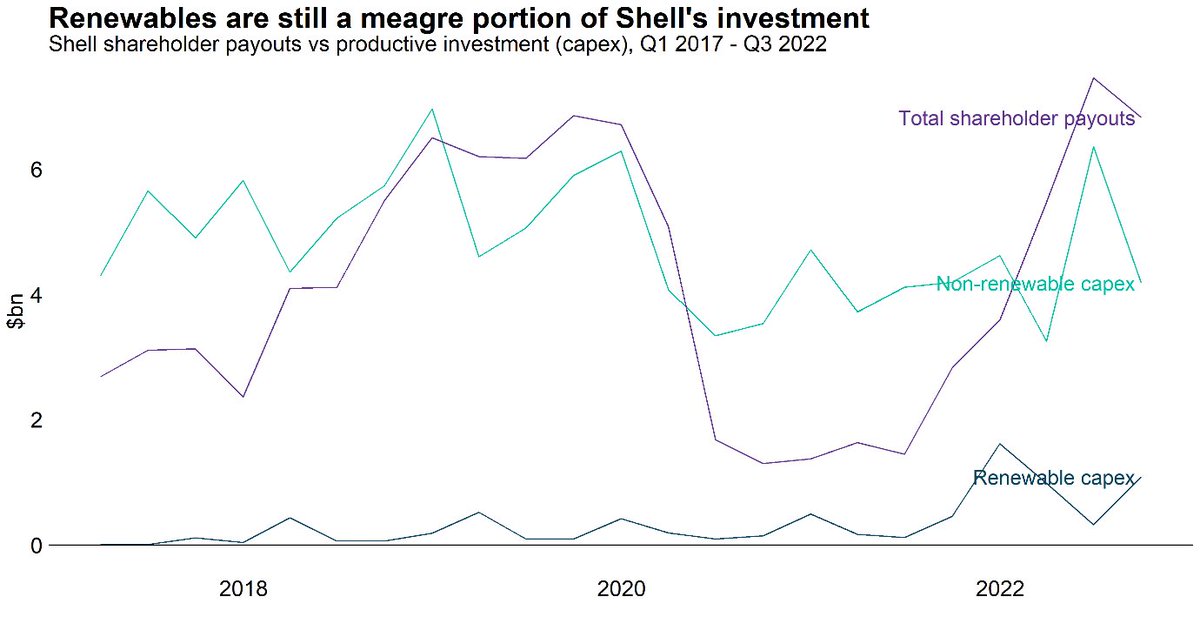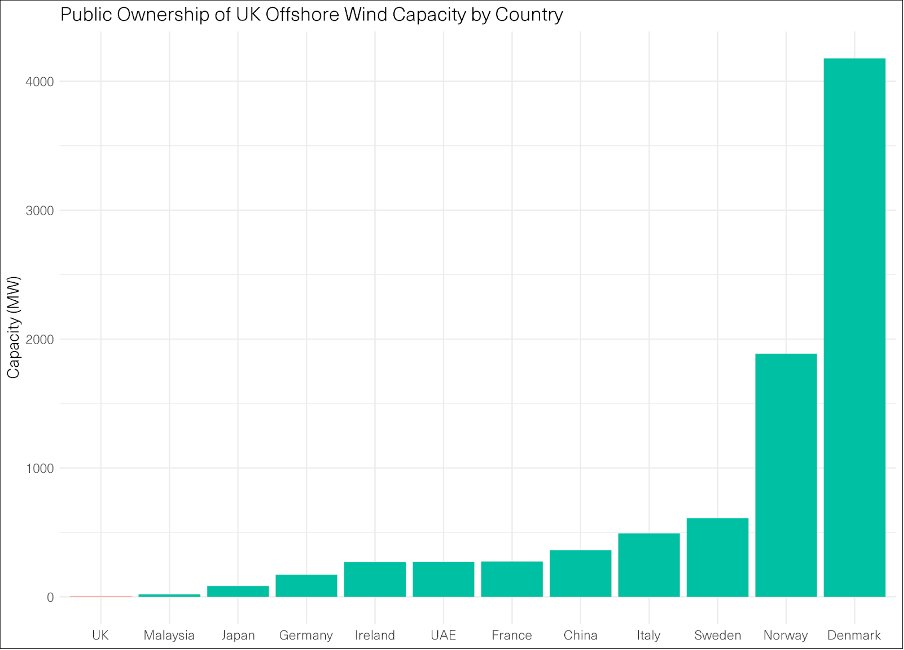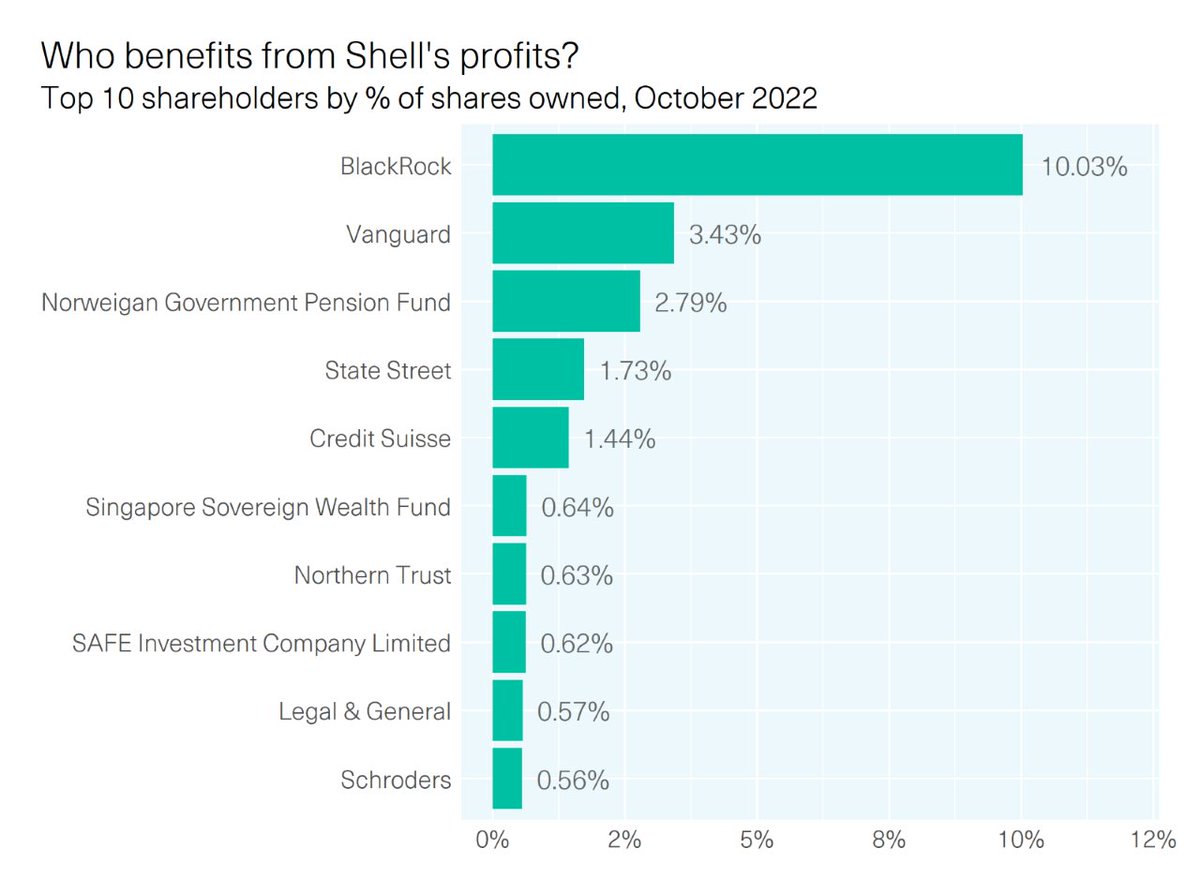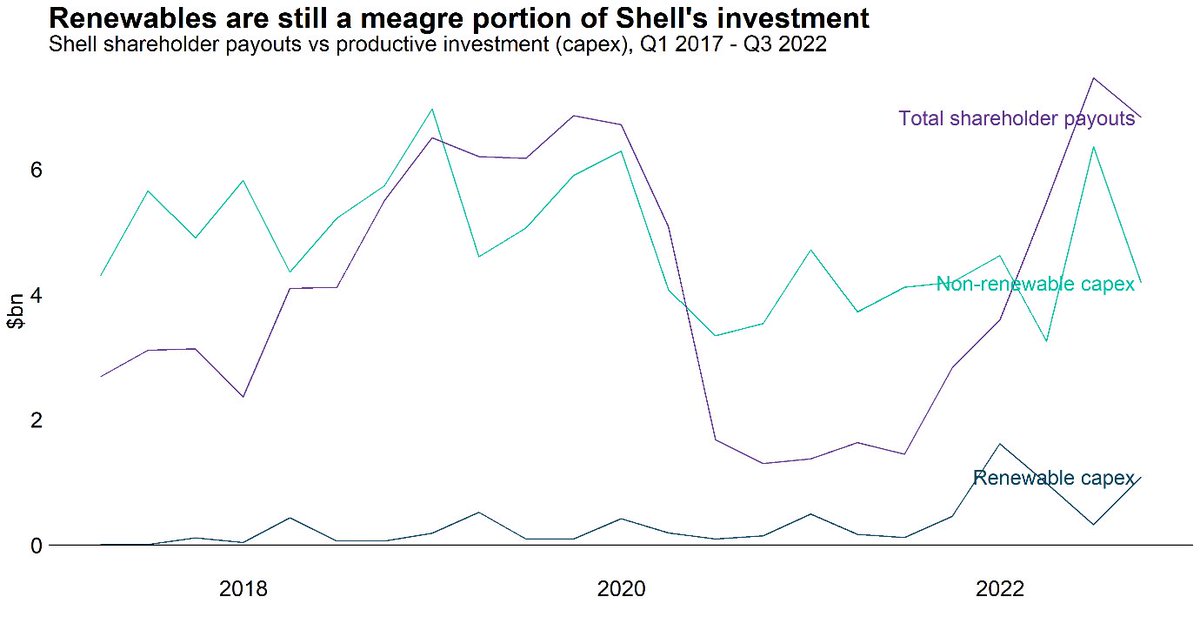
On this day in 1979, the Housing Bill was published.
Its passage the following year ushered in Right to Buy, a policy that would fundamentally transform the ownership and politics of housing in this country.
Its passage the following year ushered in Right to Buy, a policy that would fundamentally transform the ownership and politics of housing in this country.

Right to Buy became Thatcher's signature policy, with more than 2 million homes sold off by 1995. It has led to a huge decline in council homes, with a net loss of 24,000 social homes a year since 1991.
Today, over 1 million households are on social housing waiting lists.
Today, over 1 million households are on social housing waiting lists.
4 in 10 homes sold under the scheme are now in the private rental sector.
In Milton Keynes over 70% of homes sold off now belong to private landlords.
theguardian.com/society/2017/d…
In Milton Keynes over 70% of homes sold off now belong to private landlords.
theguardian.com/society/2017/d…
Controversial from the start, the policy has faced sustained opposition. Right to Buy has since been abolished in Scotland (2016) and Wales (2019).
In London, more than 1500 homes have been returned to local authority ownership — though the vast majority remain in private hands.
In London, more than 1500 homes have been returned to local authority ownership — though the vast majority remain in private hands.
The Housing Bill was fundamental to the rise of the asset economy, in which housing wealth became increasingly central to life chances & economic security.
What would it take to build a world where everyone had a right to a secure and decent home?
What would it take to build a world where everyone had a right to a secure and decent home?
• • •
Missing some Tweet in this thread? You can try to
force a refresh













